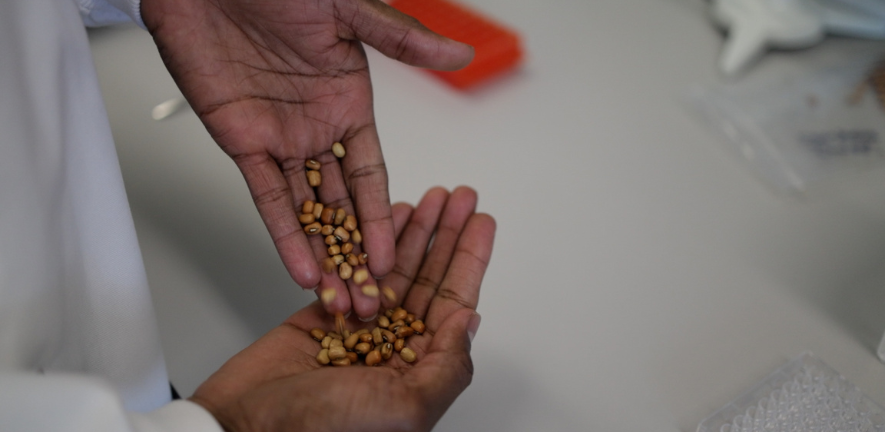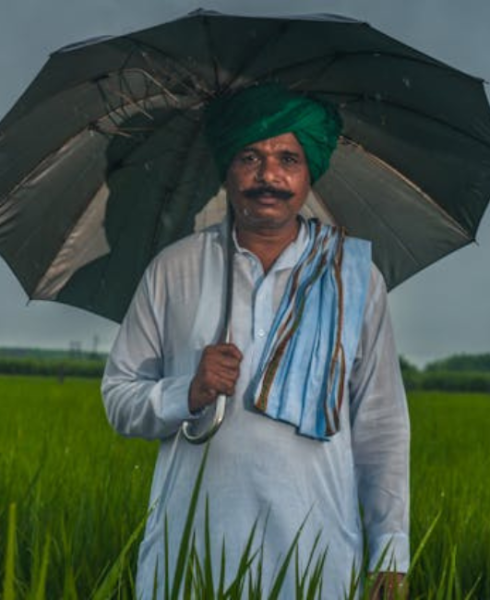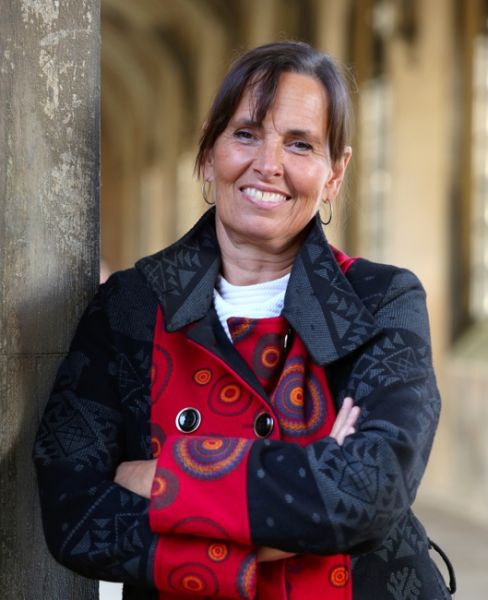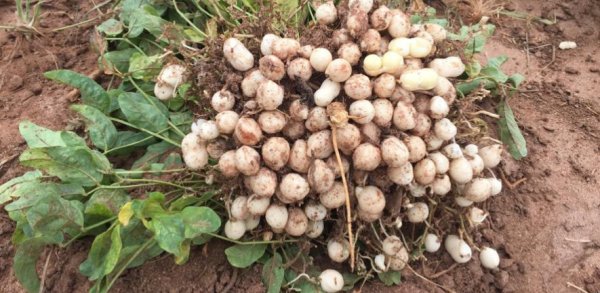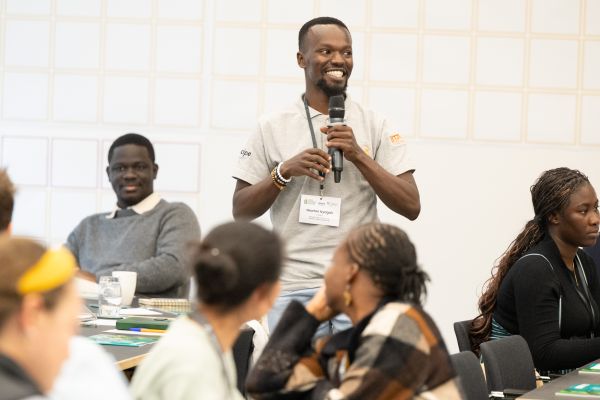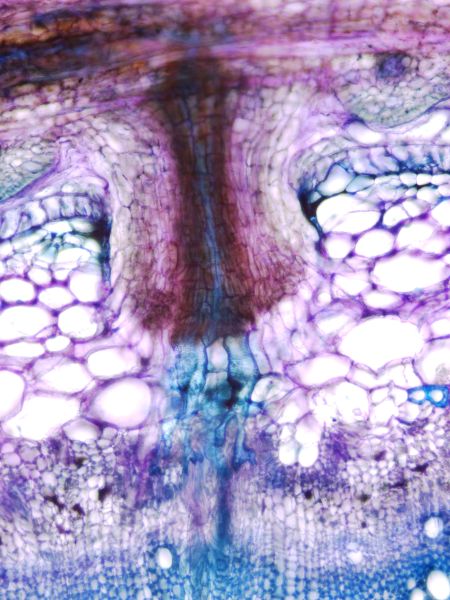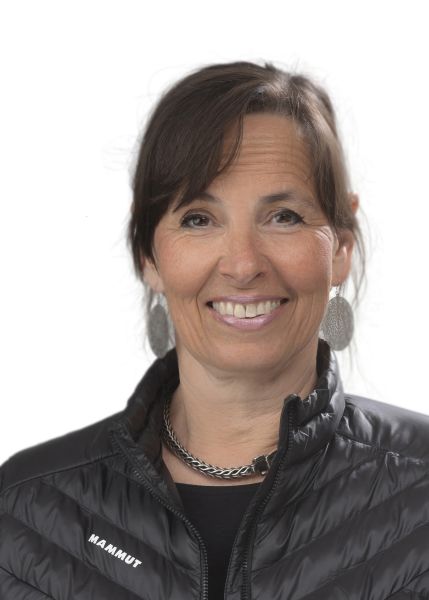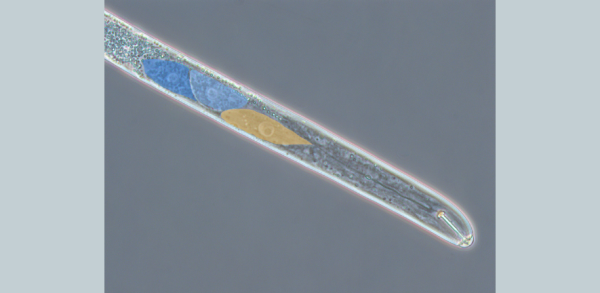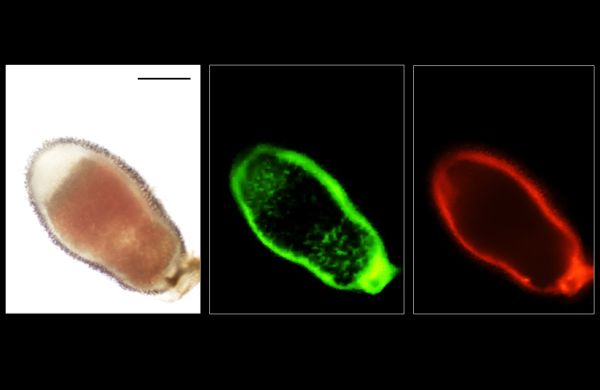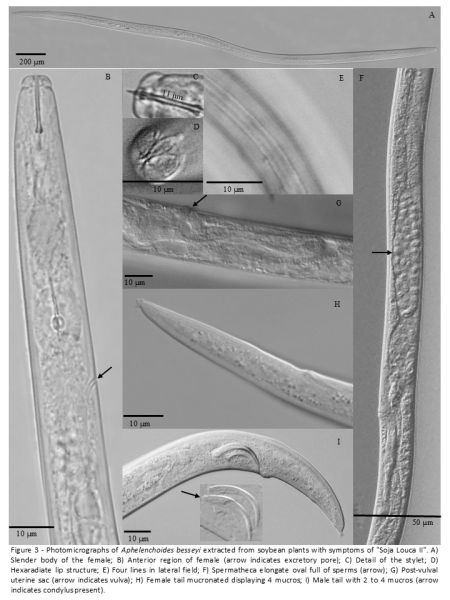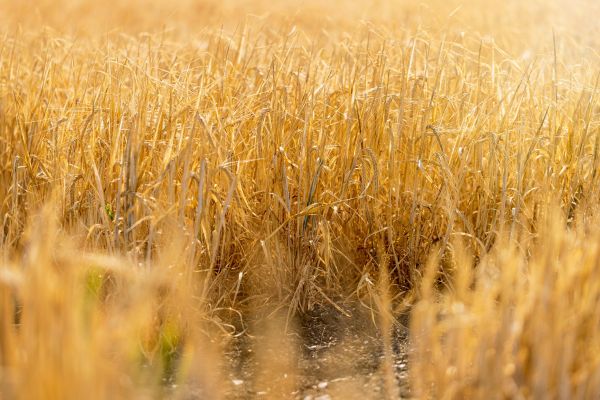A new film showcases how the Crop Science Centre (CSC)’s collaboration with partners in the Global South is pioneering sustainable solutions in agriculture to feed the world and improve lives.
The film will be premiered at the United Nations Climate Change Conference (COP30) taking place in Belém, Brazil in November 2025.
It shows how CSC’s partnerships with breeders and farmers are translating cutting-edge science into real-world impact, with a focus on developing sustainable alternatives to the high-input agriculture on which we currently rely.
The film launch follows the recent CSC International Partnerships event which brought together breeders, scientists, and funders from Africa, Asia, Europe, and the United States. The event celebrated the power of collaboration and reinforced CSC’s commitment to co-creating research agendas that translate discovery science into real impact in farmers’ fields.
“Making global food production more equitable, sustainable and resilient is core to everything we do at the Crop Science Centre,” said Professor Uta Paszkowski, CSC’s Acting Director and Head of the Cereal symbiosis group.
“This film shows how we are harnessing research innovation to strengthen global food security and make sure the benefits of cutting-edge crop science can reach all farmers,” she said.
“Initiatives like the Crop Science Centre are really core to our sustainability goals at Cambridge and our need to connect with international priorities such as at COP30,” said Professor Bhaskar Vira, Pro-Vice-Chancellor for Sustainability at the University of Cambridge, who features in the film.
The film has been produced in collaboration with global research consortium CGIAR, as part of their ‘With Science We Can’ campaign – a documentary series exploring how we can achieve a food-secure future through scientific innovation.
Sustainable agriculture using nature’s solutions
Researchers at CSC are working with breeders, scientists and farmers around the world to bring nature’s solutions back into agriculture.
“We believe the solutions nature invented hold the key to sustainable agriculture,” said Professor Paszkowski.
“By studying how plants partner with soil microbes, for example, we can design crops that nourish themselves and reduce dependence on chemical inputs.”
As the world’s population grows and climate pressures intensify, global agriculture faces the urgent challenge of producing more food with fewer resources.
At the same time, ecological and climate change problems like greenhouse gas emissions, water scarcity, environmental pollution are having a significant effect on food production.
“The climate change problem in turn feeds into the food production issue, so it’s basically a vicious circle.”
“This vicious circle especially affects smallholder farmers who have less capacity to adapt to the changing climate and are disproportionately affected.”
“Agriculture today needs to be even more sustainable than ever. It is down to us to come in with innovations to make sustainable agriculture viable and affordable for everybody in need,” she said.
A venture with partnerships at the heart
The film highlights the importance of partnerships with local farmers and breeders to develop a sustainable agriculture and secure tomorrow’s global food production.
“Science has to start with farmers and end with the farmer,” said Dr Pearl Abu, Team Lead for the Maize Breeding Programme at the University of Ghana’s West Africa Centre for Crop Improvement (WACCI), one of CSC’s collaborators to appear in the film.
“We need to develop research in partnership with farmers and engage with them before the research starts.”
Dr Abu is working with CSC’s Cereal symbiosis group who are researching fungal symbiosis with a focus on sustainable agriculture for cereal crops to improve maize and rice growth.
“The partnership between the Crop Science Centre and WACCI is a powerful way of making sure that discovery science reaches farmers who are the ones that need it,” she said.
“Local partnerships are essential for translating our research at the Crop Science Centre into the farmers’ fields. We need those local partners who are on the ground with the farmers to think about how the science is going to be relevant in the field,” said Dr Emily Servanté, Postdoctoral Research Associate at CSC.
Turning ideas into impact
Dr Ousmane Boukar reiterates this message. He is a researcher and breeder at the International Institute of Tropical Agriculture (IITA) in Nigeria, which is a CGIAR partnership member working to address food insecurity, malnutrition and poverty in sub-Saharan Africa.
Dr Boukar is working to develop cowpea varieties that can thrive in heat and tolerate the drought conditions which are increasingly challenging farmers in Northern Nigeria and the West African Sahel. Cowpeas are a vital food source and income generator for millions of people in the region.
“Our partnership with the Crop Science Centre is a powerful example of how global science can meet local needs,” he said.
“Farmers know their soil, their seasons and their community better than anyone else. We are not just transferring technology. We are building resilience. The real impact goes beyond the field. It is about building confidence, trust and scientific capacity in African agricultural systems.”
“Ultimately, we want to create a world where farming is profitable, dignified and resilient and where science truly serves the people who feed us all.”
View the film
Image: Dr Ahmed Warsame working with cowpea (Vigna unguiculata) at the Crop Science Centre, Cambridge. Filming and images by WebsEdge Science.
